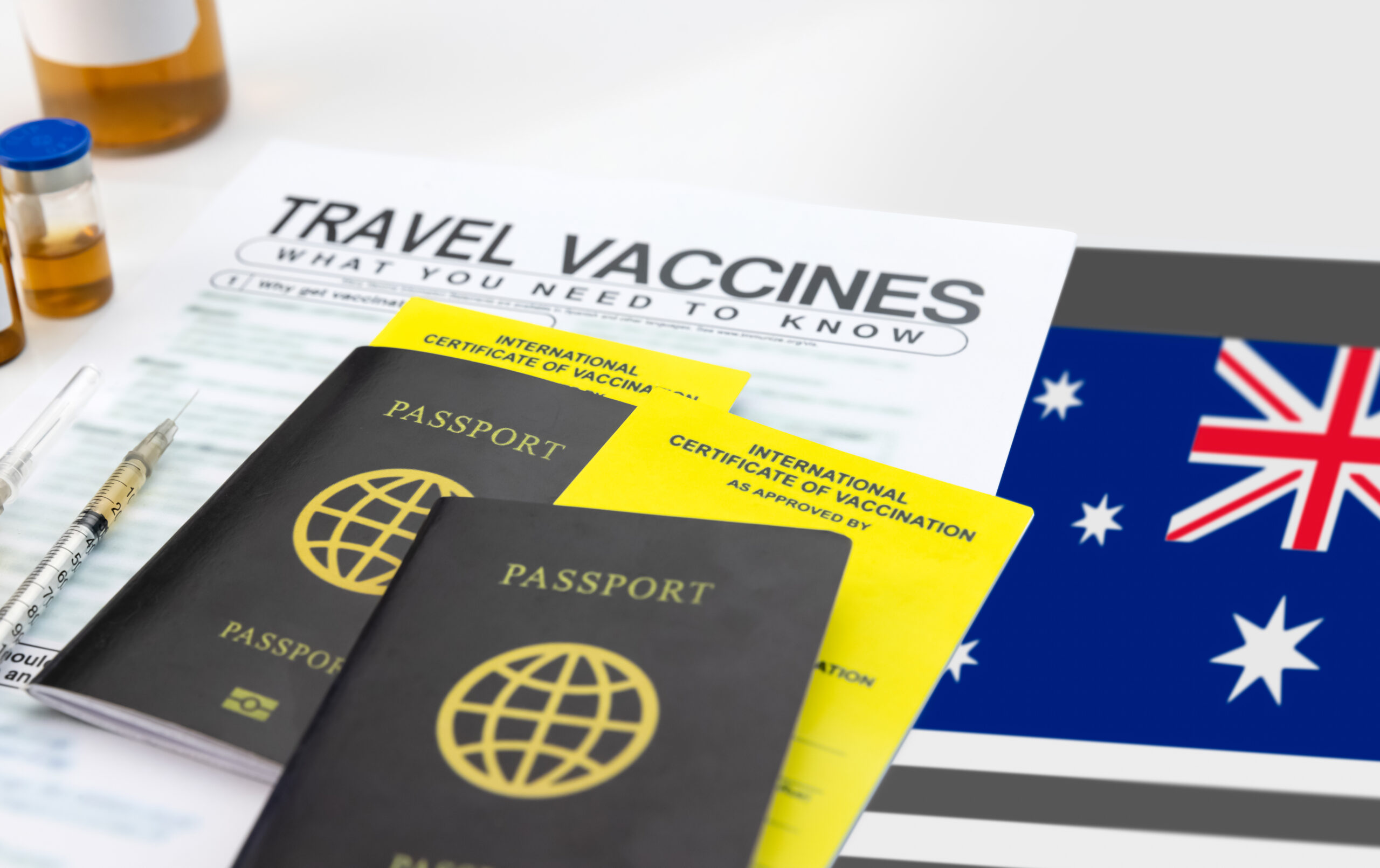ABOUT SCHENGEN
The Schengen Area is a zone consisting of 26 European countries that have abolished their internal borders and implemented a common visa policy for travel. The area was established in 1985 with the signing of the Schengen Agreement in Schengen, Luxembourg, and has since expanded to include additional countries.
The Schengen countries have agreed to allow free movement of people within their borders, without the need for passport control or customs checks at the internal borders. This means that once you have entered the Schengen Area, you can travel freely between member countries without undergoing any additional border checks.
To enter the Schengen Area, travelers are required to have a valid passport or national ID card and, in most cases, a visa. There are exceptions for citizens of certain countries who are allowed to enter the Schengen Area without a visa for short-term stays.
The Schengen Area has had a significant impact on tourism, trade, and cultural exchange within Europe, making it easier and more convenient for people to travel and do business across borders
WHY SCHENGEN COUNTRIES?
The Schengen Area is a zone comprising 26 European countries that have abolished internal border controls, allowing for the free movement of people within the area. It facilitates seamless travel and promotes economic and social integration among member states.
- Freedom of movement: One of the biggest benefits of the Schengen Area is the freedom of movement it provides. People can live and work in any of the member countries without having to worry about visas or work permits. This makes it easier to find work or pursue career opportunities in different countries.
- Cultural diversity: The Schengen Area is home to a diverse range of cultures and languages. Living and working in these countries can be an enriching experience, as you’ll have the opportunity to learn about different cultures and meet people from all over the world.
- Quality of life: Many Schengen countries are known for their high standard of living, with good healthcare systems, excellent education, and a strong social safety net. This can make it easier to enjoy a good quality of life, even if you’re not earning a high salary.
- Travel opportunities: Because the Schengen countries have open borders, it’s easy to travel between them. This makes it possible to take weekend trips or longer vacations to explore new places and experience different cultures.
- Career opportunities: Because the Schengen Area is home to many multinational companies, it can be a great place to find work or advance your career. The area also offers a range of job opportunities in different industries, from finance and technology to healthcare and education.
- Political stability: Many of the Schengen countries have stable political systems and a strong commitment to democracy and human rights. This can provide a sense of security and stability for people who are living and working in these countries.
Of course, there are many factors to consider when deciding where to live and work, and the Schengen Area may not be the best choice for everyone. However, for many people, the benefits of living and working in these countries make it a great option to consider

STUDY IN THE SCHENGEN
To apply for a Schengen student visa, you will generally need to provide the following documents:
Visa application form: A completed visa application form, which can be obtained from the embassy or consulate of the country you plan to study in.
Passport: A valid passport with an expiration date that is at least three months beyond the date of your intended departure from the Schengen area.
Photograph: A recent passport-size photograph of yourself.
Acceptance letter: A letter from the educational institution in the Schengen area confirming your acceptance into the program of study.
Proof of financial means: Evidence that you have enough funds to cover the costs of your stay in the Schengen area. This can be done by providing bank statements or other financial documents.
Health insurance: Proof of travel health insurance that is valid in the Schengen area, with coverage for medical emergencies and repatriation.
Character and health requirements: You may be required to provide information about your character and health status, and undergo a medical examination or provide a police clearance certificate, depending on the length of your stay and other factors.
Other documentation: Depending on your specific circumstances, you may be required to provide additional documentation, such as proof of accommodation in the Schengen area, a detailed study plan, or a letter of invitation from a resident or organization in the Schengen area.
It’s important to note that the requirements for a Schengen student visa can vary depending on the specific country you plan to study in and your specific circumstances. It’s important to research the specific requirements and eligibility criteria, and to apply for your visa well in advance of your planned travel dates. Additionally, if you plan to visit multiple countries in the Schengen area, you may need to apply for a visa from the embassy or consulate of the country where you will spend the most time, or where you will enter the Schengen area.
WHAT IS A SCHENGEN VISA?
A Schengen visa is a type of visa that allows the holder to travel freely within the 26 countries that are part of the Schengen Area. The Schengen Area is a group of European countries that have agreed to remove border controls between their member states, allowing people to travel freely without having to show their passport or other travel documents at every border.
The 26 countries that are part of the Schengen Area include Austria, Belgium, Czech Republic, Denmark, Estonia, Finland, France, Germany, Greece, Hungary, Iceland, Italy, Latvia, Liechtenstein, Lithuania, Luxembourg, Malta, Netherlands, Norway, Poland, Portugal, Slovakia, Slovenia, Spain, Sweden, and Switzerland.
A Schengen visa is typically issued for a maximum period of 90 days within a 180-day period, and is commonly used for tourism, business, or family visits. The specific requirements for obtaining a Schengen visa can vary depending on the country issuing the visa and the purpose of the travel

SCHENGEN TOURIST VISA
To apply for a Schengen tourist visa, you will generally need to provide the following documents:
- Visa application form: A completed visa application form, which can be obtained from the embassy or consulate of the country you plan to visit.
- Passport: A valid passport with an expiration date that is at least three months beyond the date of your intended departure from the Schengen area.
- Photograph: A recent passport-size photograph of yourself.
- Travel itinerary: A detailed itinerary of your trip, including information about your accommodations and any planned activities or excursions.
- Proof of financial means: Evidence that you have enough funds to cover the costs of your stay in the Schengen area. This can be done by providing bank statements or other financial documents.
- Health insurance: Proof of travel health insurance that is valid in the Schengen area, with coverage for medical emergencies and repatriation.
- Character and health requirements: You may be required to provide information about your character and health status, and undergo a medical examination or provide a police clearance certificate, depending on the length of your stay and other factors.
- Other documentation: Depending on your specific circumstances, you may be required to provide additional documentation, such as proof of employment, enrollment in a school or university, or a letter of invitation from a resident or organization in the Schengen area.
It’s important to note that the requirements for a Schengen tourist visa can vary depending on the specific country you plan to visit and your specific circumstances. It’s important to research the specific requirements and eligibility criteria, and to apply for your visa well in advance of your planned travel dates. Additionally, if you plan to visit multiple countries in the Schengen area, you may need to apply for a visa from the embassy or consulate of the country where you will spend the most time, or where you will enter the Schengen area.

SCHENGEN STUDENT VISA
To apply for a Schengen student visa, you will generally need to provide the following documents:
Visa application form: A completed visa application form, which can be obtained from the embassy or consulate of the country you plan to study in.
Passport: A valid passport with an expiration date that is at least three months beyond the date of your intended departure from the Schengen area.
Photograph: A recent passport-size photograph of yourself.
Acceptance letter: A letter from the educational institution in the Schengen area confirming your acceptance into the program of study.
Proof of financial means: Evidence that you have enough funds to cover the costs of your stay in the Schengen area. This can be done by providing bank statements or other financial documents.
Health insurance: Proof of travel health insurance that is valid in the Schengen area, with coverage for medical emergencies and repatriation.
Character and health requirements: You may be required to provide information about your character and health status, and undergo a medical examination or provide a police clearance certificate, depending on the length of your stay and other factors.
Other documentation: Depending on your specific circumstances, you may be required to provide additional documentation, such as proof of accommodation in the Schengen area, a detailed study plan, or a letter of invitation from a resident or organization in the Schengen area.
It’s important to note that the requirements for a Schengen student visa can vary depending on the specific country you plan to study in and your specific circumstances. It’s important to research the specific requirements and eligibility criteria, and to apply for your visa well in advance of your planned travel dates. Additionally, if you plan to visit multiple countries in the Schengen area, you may need to apply for a visa from the embassy or consulate of the country where you will spend the most time, or where you will enter the Schengen area
